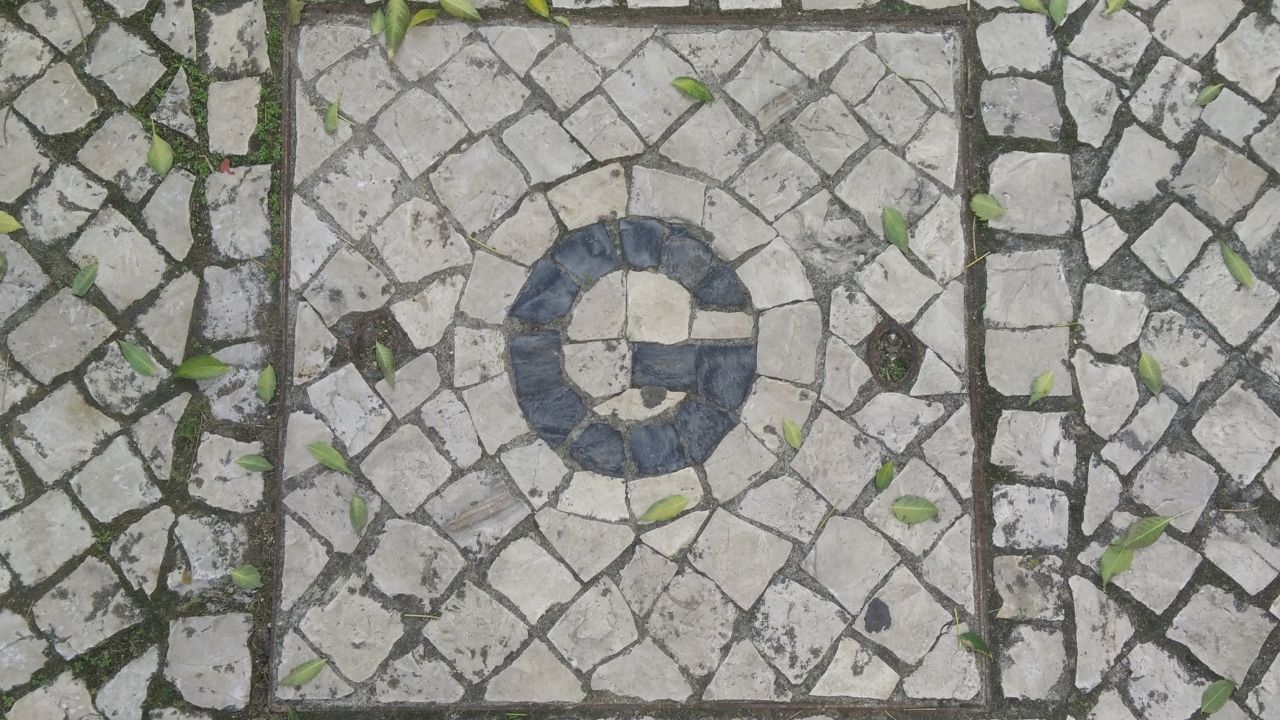Why Google Will Not Survive In The Long Term

It is hard to remember life before Google. Google has become such an integral part of our lives that it is almost impossible to imagine being without it. Nonetheless, that is exactly what George Gilder did in his book Life After Google: The Fall of Big Data and the Rise of the Blockchain Economy. Not only is life after Google possible, but Gilder argues that the philosophy that led to Google's success will also lead to its undoing.
Without a doubt, the company that Larry Page and Sergey Brin built will go into history as one of the most successful companies of all time. While Google was not the first search engine, the founders developed an integrated philosophy that aspired to shape our lives. Google revolutionized a theory of knowledge, centralized cloud computing, automated advertising, and came out with many other inventions over the years. In his book, Gilder argues:
"The Google theory of knowledge, nicknamed "big data," is as radical as Newton's and as intimidating as Newton's was liberating."
Gilder sees Google's approach to the Internet as communications first, which means that everything on the Internet is free to be copied and moved. Gilder believes that while this principle has served us for many years, it will not survive within distributed peer-to-peer technology, which he calls "cryptocosm." Cryptocosm is a network of systems, organizations, and individuals that are powered by blockchain technology.
The biggest issue Gilder has with the way Google operates is its security. Today, when we think of Internet security, we focus on protecting our individual computers. We install software, such as Norton or McAfee, hoping that it will stop bad actors from accessing or installing any malware on our computers. In the world of cryptocosm, unlike Google, "security is a function of the network, applied from the top, rather than a property of the device and its owner."
Gilder also asserts that the centralization of the Google system is not safe, and it is vulnerable to theft and manipulation. To protect digital assets, Gilder believes the information should be distributed throughout the system. Blockchain is a distributed peer-to-peer technology. Its decentralized system is arguably safer than Google's centralized approach.
Another challenge with Google, and it is something we have gotten used to over the years to the point of taking it for granted, is that the information we find on Google is free. That is one of the most significant perceived benefits of the Internet. But is information really free? No, it is not. We have agreed to exchange our personal information and to be targeted with ads, sometimes based on that very same information, for the ability to search the Internet.
Over the years, Google has accumulated a lot of our personal information. It now controls it and uses it free of charge. Gilder sees it as a fundamentally flawed approach. In cryptocosm, individuals own their information and charge for its use.
It is hard to imagine life without Google. However, Gilder contends:
"Google and its world are looking in the wrong direction. They are actually in jeopardy, not from an all-powerful artificial intelligence, but from a distributed, peer-to-peer revolution supporting human intelligence - the blockchain and new crypto-efflorescence."
